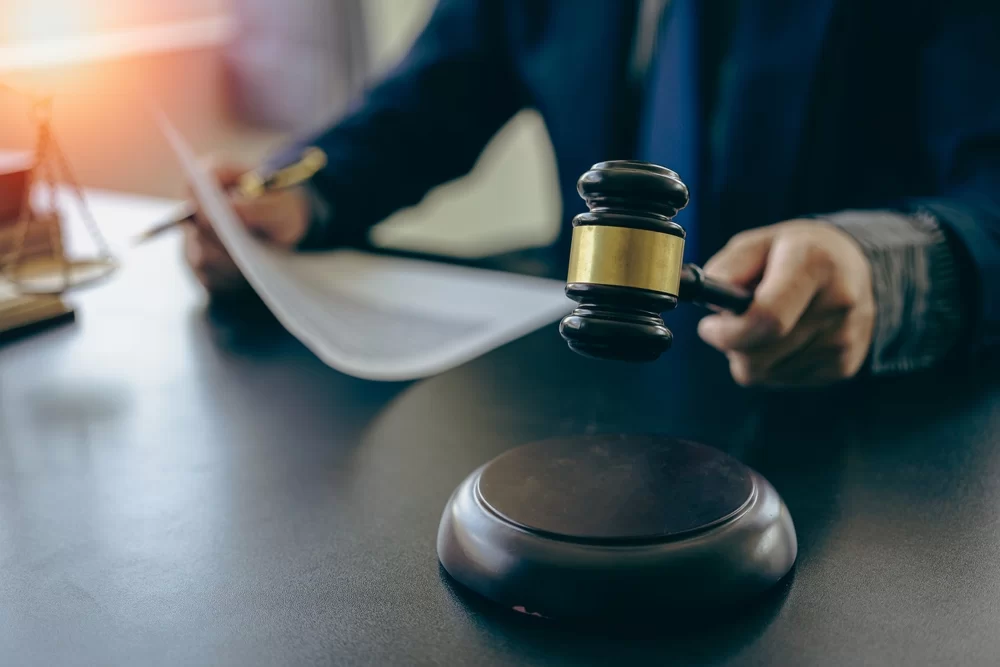
- What Are Personal Guarantees on Debts and Why They Matter
- Legal Framework for Enforcing Personal Guarantees
- Step-by-Step Process to Enforce Personal Guarantees
- Common Challenges in Enforcing Personal Guarantees
- Real-World Case Study on Enforcement of Personal Guarantees
- Professional Advice for Effective Enforcement
What Are Personal Guarantees on Debts and Why They Matter
In business and finance, a personal guarantee is a legally binding commitment made by an individual to repay a debt if the primary debtor defaults. This guarantee effectively places personal assets at risk, providing lenders or creditors with an additional layer of security beyond the business entity.
Understanding the nature of personal guarantees is essential for both creditors and guarantors. For creditors, enforcing personal guarantees on debts is a crucial tool to recover money owed, especially when the borrowing business cannot meet its obligations. For guarantors, recognizing the extent of their liability helps in making informed decisions before signing any agreement.
Personal guarantees are often required in loans, leases, or credit facilities where the lender assesses higher risk. They serve as a legal assurance, increasing the lender's confidence to extend credit.
Why personal guarantees are a double-edged sword
While personal guarantees can unlock access to funding for businesses, they expose individuals to significant financial risk. Many entrepreneurs underestimate this risk until enforcement becomes necessary, often under stressful circumstances.
Legal Framework for Enforcing Personal Guarantees
The enforcement of personal guarantees on debts is governed by contract law and specific statutory regulations depending on jurisdiction. A personal guarantee is a contract, so courts will generally enforce it if it meets standard contract criteria: offer, acceptance, consideration, and clear intention to be bound.
Legal protections for guarantors vary, but common principles include requirements that guarantees be in writing and that guarantors receive clear disclosure of their obligations. Lenders must also follow due process in calling on the guarantee.
Key legal considerations
Understanding the exact terms of the guarantee is vital—some guarantees are limited, covering only specific debts or amounts, while others may be unlimited. Additionally, the enforceability can be affected by factors such as undue influence, misrepresentation, or if the creditor fails to mitigate losses.
Step-by-Step Process to Enforce Personal Guarantees
Enforcing a personal guarantee involves several legal and practical steps that must be carefully followed to maximize chances of successful debt recovery.
1. Confirm the validity and scope of the guarantee
Begin by reviewing the signed personal guarantee agreement to ensure it is legally valid and covers the debt in question. This involves checking the document’s authenticity, the signature of the guarantor, and the scope of the guarantee.
2. Issue a formal demand for payment
Before initiating court action, creditors generally send a written demand to the guarantor specifying the debt amount owed and requesting payment. This step often prompts voluntary payment or negotiation.
3. Attempt negotiation or mediation
Many disputes can be resolved through negotiation or alternative dispute resolution methods like mediation. This approach can save costs and preserve business relationships.
4. Initiate legal proceedings if necessary
If the guarantor does not respond or refuses to pay, the creditor may file a lawsuit to enforce the guarantee. The court process can involve presenting evidence of the guarantee and the debtor’s default.
5. Obtain and execute a judgment
Upon winning the case, the creditor obtains a judgment against the guarantor. This judgment can then be enforced through various means, such as wage garnishment, bank account seizures, or property liens.
Common Challenges in Enforcing Personal Guarantees
While personal guarantees provide creditors with leverage, enforcement is not always straightforward. Several challenges can complicate recovery efforts.
Disputes over the guarantee’s validity
Guarantors may contest the enforceability of the guarantee citing lack of understanding, coercion, or technical defects. Courts carefully scrutinize these claims, which can prolong the process.
Guarantor’s financial status
Even with a valid guarantee, if the guarantor lacks sufficient assets or income, actual recovery may be limited. Creditors must assess this risk before relying heavily on personal guarantees.
Complexity and cost of legal action
Enforcement through litigation can be expensive and time-consuming. It requires thorough preparation and legal expertise to navigate effectively.
Real-World Case Study on Enforcement of Personal Guarantees
Consider a mid-sized construction supplier who extended credit to a startup firm. The business failed to repay, triggering the supplier’s attempt to enforce a personal guarantee signed by the company’s director. Initially, the guarantor disputed the guarantee’s enforceability, claiming insufficient explanation at signing.
With expert legal counsel, the supplier successfully demonstrated that the guarantee was clearly documented and voluntarily signed. The court ruled in favor of enforcement, and the guarantor was ordered to pay the outstanding debt. This case highlights the importance of clear documentation and professional legal guidance.
Professional Advice for Effective Enforcement
Enforcing personal guarantees on debts requires both legal knowledge and strategic action. Engaging professionals, such as ESPLawyers, can significantly improve the likelihood of successful debt recovery. These experts provide tailored advice, assist with legal documentation, and represent clients in negotiations or court proceedings.
Whether you are a creditor seeking to enforce a guarantee or a guarantor wanting to understand your rights and obligations, professional legal support ensures clarity and protection throughout the process.
For those dealing with personal guarantees and debt enforcement issues, visiting ESPLawyers offers access to trusted services that help navigate the complexities effectively and efficiently.








